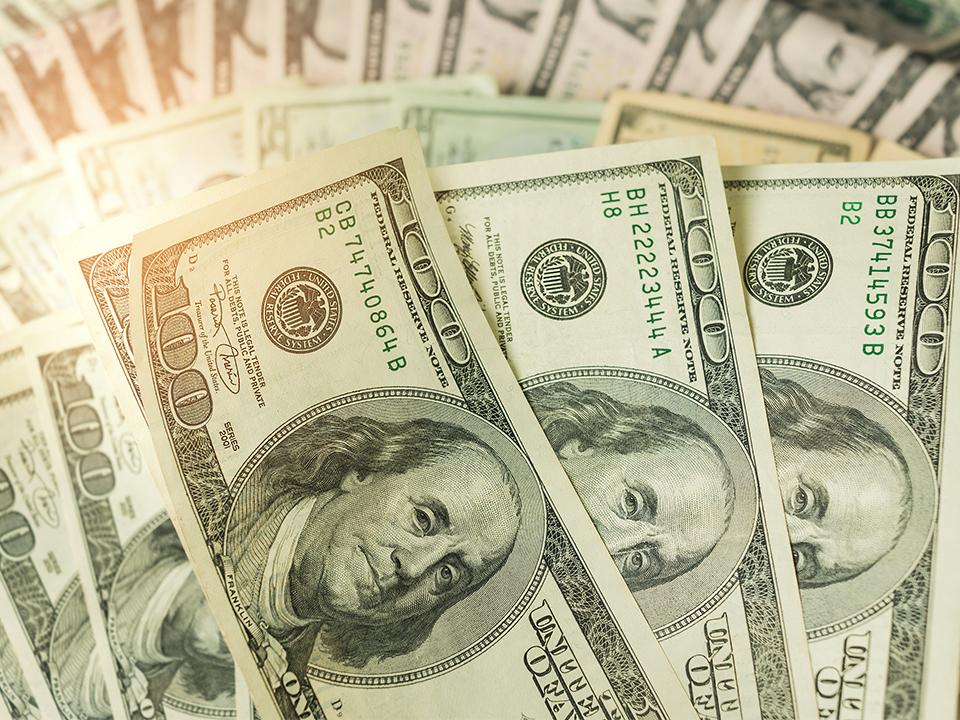US to begin work on future ‘digital dollar’ —White House

WASHINGTON — US President Joe Biden on Wednesday will order government agencies to begin work on creating a digital US dollar, White House officials said.
Amid the explosive rise of private cryptocurrencies like bitcoin, the US effort will study benefits and potential risks while "placing urgency on research and development of a potential United States CBDC," according to a statement.
The world's largest economy will join more than 100 countries that are exploring or have launched pilot programs with their own central bank digital currency (CBDC), including China's digital yuan.
Officials rejected the notion that Washington is late to the effort.
"The implications of potentially issuing a digital dollar are profound," one official told reporters, stressing the crucial role of the American currency in the global economy.
"We've got to be very, very deliberate about that analysis because the implications of our moving in this direction are profound for the country that issues the world's primary reserve currency."
Biden's executive order will call on agencies including the Treasury Department to examine issues including consumer protection, financial inclusion and use of digital assets for illicit activities.
The United States "can move quickly, but we can also move in a way that's smart and that's inclusive," the official said.
The officials downplayed competition from Beijing, saying the US dollar "has been and will continue to be crucial to the stability of the international monetary system as a whole" and those issued by foreign central banks "do not threaten this dominance."
The global rise of cryptocurrencies and the growing use of digital payments has fostered interest in an official digital money, and major central banks around the world are exploring the possibility: Nigeria in October launched its own virtual money, while El Salvador has allowed bitcoin to serve as legal tender.
'Explosive' growth
Digital assets, including cryptocurrencies, have seen explosive growth in recent years, surpassing a $3 trillion market cap last November, from just $14 billion just five years prior.
The White House said around 16 percent of adult Americans—approximately 40 million people—have invested in, traded, or used cryptocurrencies.
However, "Without oversight the explosive growth in cryptocurrency use would pose risks to Americans, to the stability of our businesses, our financial system and our national security," the official said.
Another official stressed the need to ensure all Americans benefit from advances, since "earlier forms of financial innovation have ended up hurting American families while making a small group of people very rich."
The US Federal Reserve released a report on January noting that digital currencies could offer potential benefits to American consumers and businesses, but said it is not clear they would outweigh the potential risks.
Under Biden's order, US government agencies will look into preventing money laundering as well as efforts to use digital currencies to evade financial sanctions.
But the official said despite concerns they have not been a "viable workaround" for Moscow to get around the "financial sanctions we've imposed across the entire Russian economy" following the invasion of Ukraine. — Agence France-Presse




